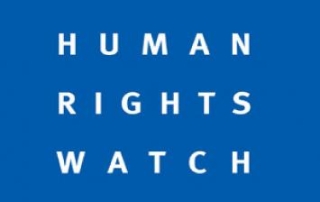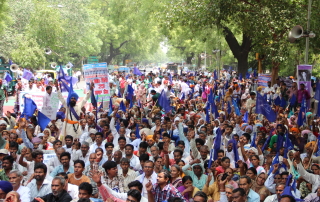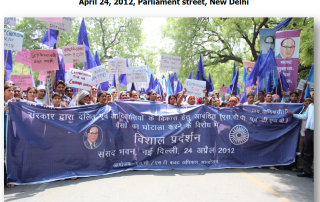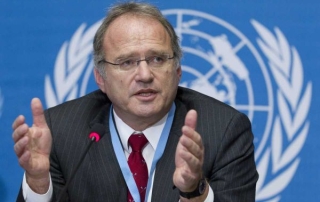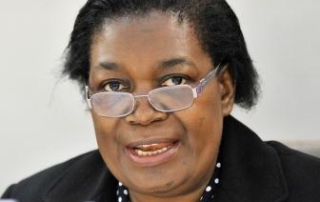India: UN Members Should Act to End Caste Discrimination says Human Rights Watch and IDSN
Press Release (HRW & IDSN): (Geneva, May 14, 2012) – United Nations member states should make ending caste-based discrimination a priority when they review India’s human rights record at the UN Human Rights Council in late May, 2012, Human Rights Watch and the International Dalit Solidarity Network (IDSN) said today. The Universal Periodic Review (UPR) of India at the Human Rights Council is scheduled for May 24.

